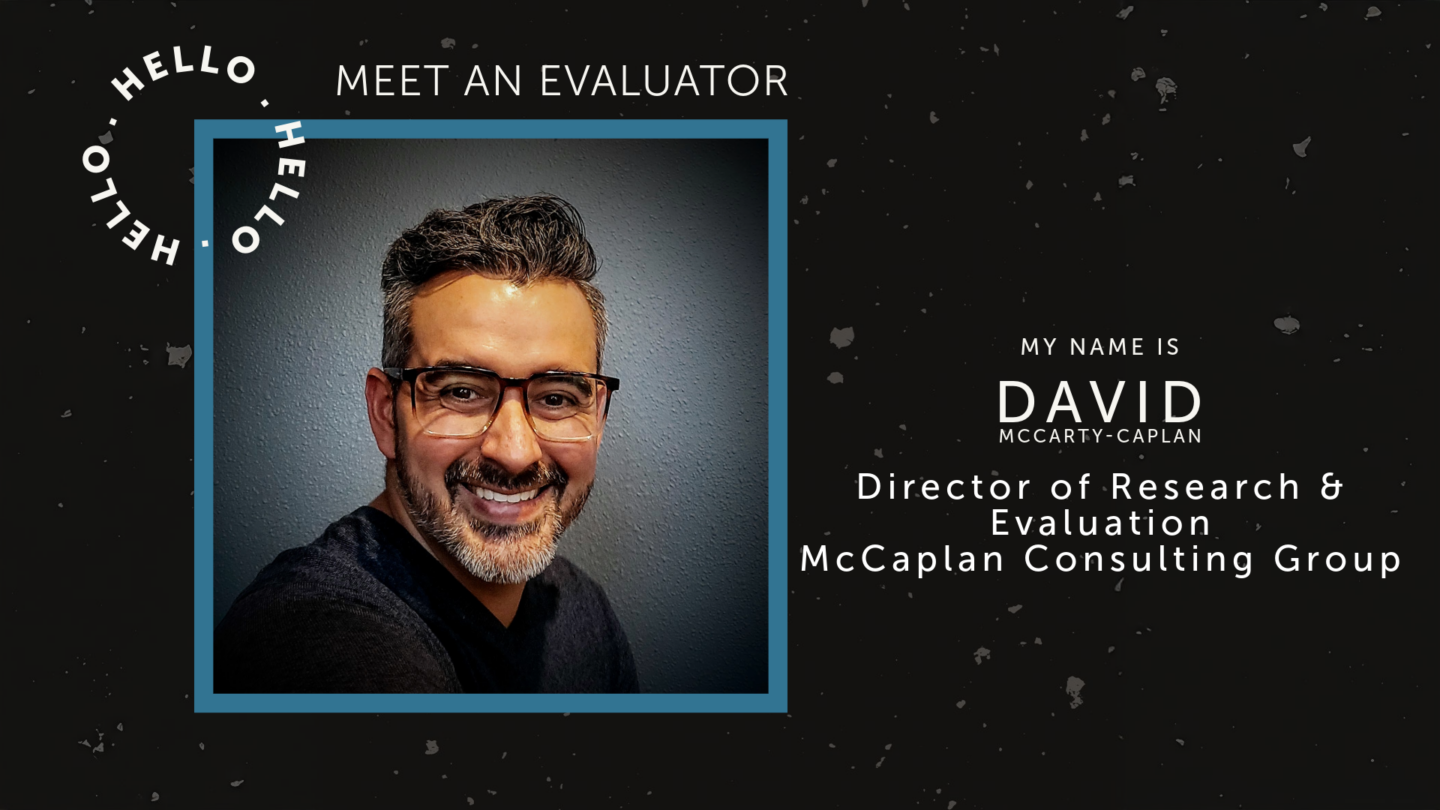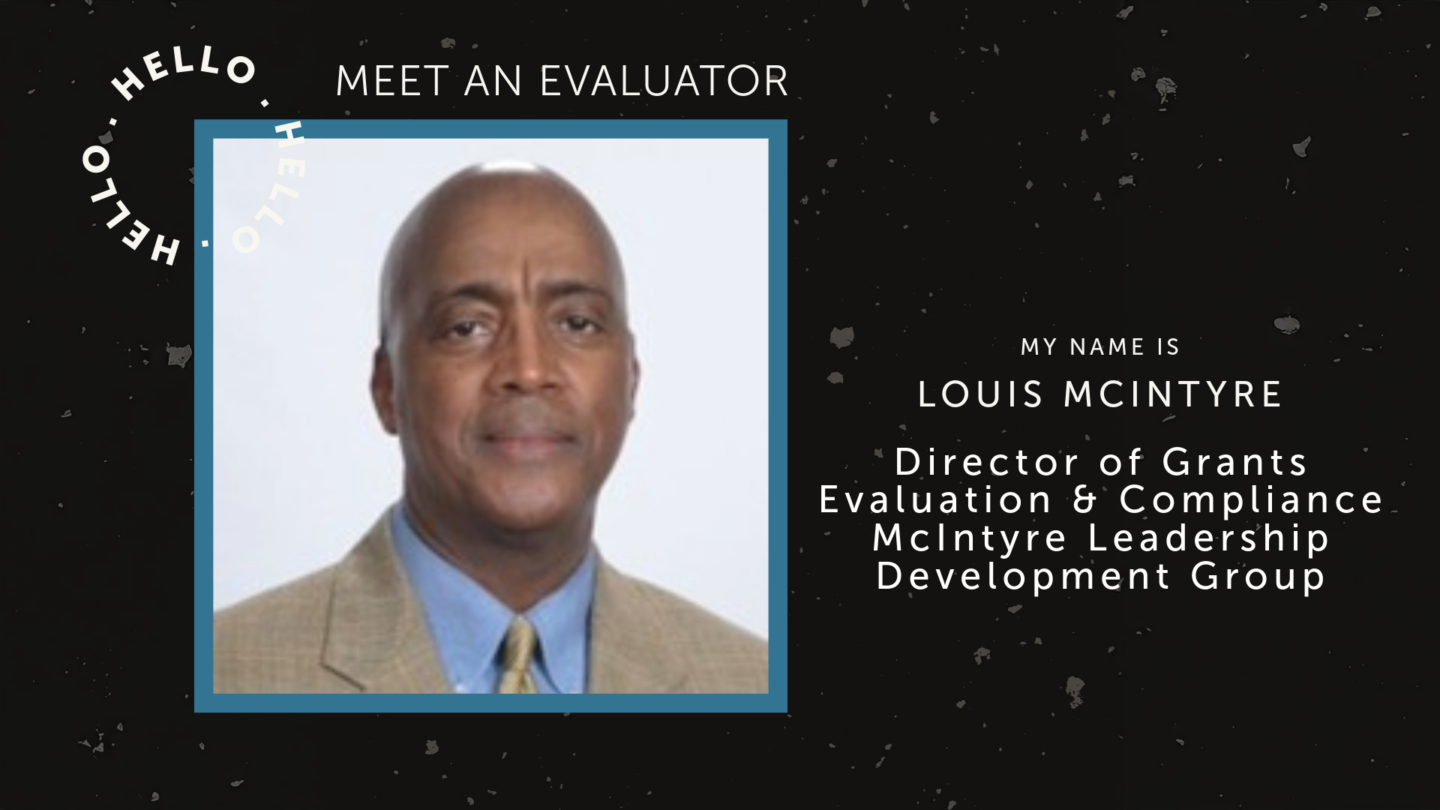
EvaluATE’s external evaluators at The Rucks Group reviewed the evaluation plans in a random sample of 169 ATE proposals across 14 years. They found that proposals funded in 2017 included more details about the intended use of evaluation than proposals in all previous years. In this blog post, we share tips about what to do and not to do when describing how you will use your evaluation.
Describing the Plan to Use Your Evaluation Results: What to Do
The NSF ATE program solicitation directs proposers to describe how they will use their evaluation results to improve their projects.
Because how evaluation results will be used depends largely on what the findings are, you might not be able to get too specific. You can, however, demonstrate a commitment to engaging with the evaluation findings and using the information to identify opportunities to improve the project as it’s underway.
For example, if you hold repeated events, such as workshops or webinars, that are individually evaluated, you can review the results in a timely way so you can use participants’ feedback to improve the events. You can plan on an intensive review of evaluation results once or twice a year to develop action plans and adjust project implementation if needed.
Including information like this in your evaluation plan demonstrates to reviewers that the evaluation will be used and that the effort and money invested in the evaluation will not be wasted.
Here’s an example from a proposal that notes how the project will use the evaluative information:
The resulting evaluation findings will be both formative and summative in nature, and will be used to guide ongoing decision-making and program improvement efforts…
This example shows that the grant seekers understand that their evaluation is not simply for reporting to NSF as a compliance activity. It is supposed to be useful to them in conducting their work.
Describing the Plan to Use Your Evaluation Results: What Not to Do
EvaluATE’s study found that the discussion of how evaluations would be used was the least-developed evaluation plan element across years. It’s understandable that proposal writers can’t provide a lot of details about how they will use their findings before they know what those findings will be.
The key is to convey your commitment to engaging regularly with information generated by the evaluation and using what you learn to improve your project’s implementation and maximize the likelihood for making a positive impact. In short, don’t leave this element out!
Resources
For more tips about describing evaluation plans in ATE proposals, check out the Evaluation Plan Checklist for ATE Proposals and related resources in EvaluATE’s Evaluation Plan Toolkit for ATE Proposals. To learn more about EvaluATE’s review of ATE proposal evaluation plans, view the overview of findings, the scoring rubric, or our article in the American Journal of Evaluation.

Except where noted, all content on this website is licensed under a Creative Commons Attribution-NonCommercial-ShareAlike 4.0 International License.






 EvaluATE is supported by the National Science Foundation under grant number 2332143. Any opinions, findings, and conclusions or recommendations expressed on this site are those of the authors and do not necessarily reflect the views of the National Science Foundation.
EvaluATE is supported by the National Science Foundation under grant number 2332143. Any opinions, findings, and conclusions or recommendations expressed on this site are those of the authors and do not necessarily reflect the views of the National Science Foundation.